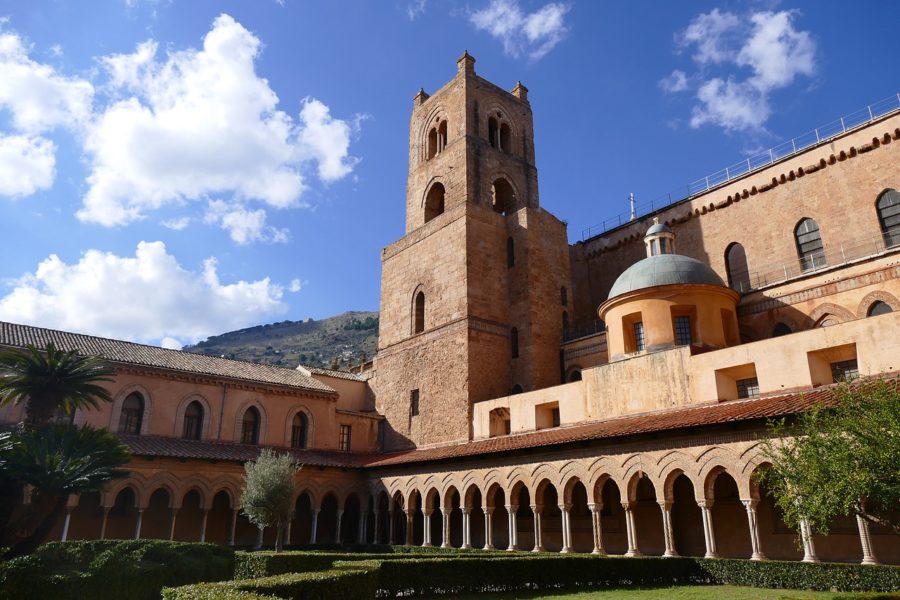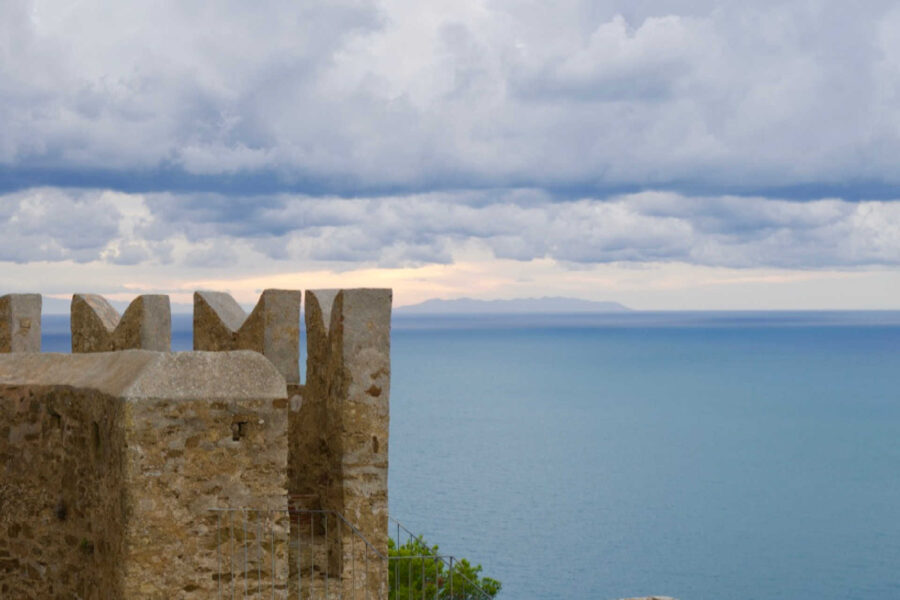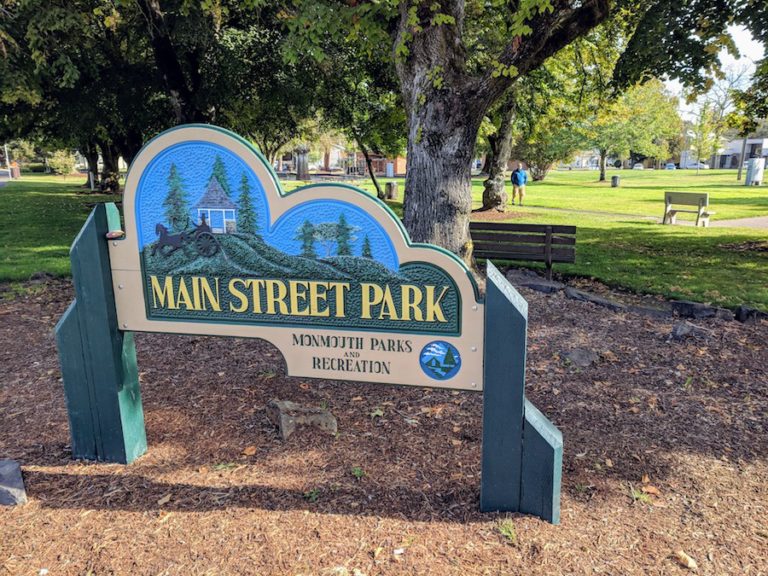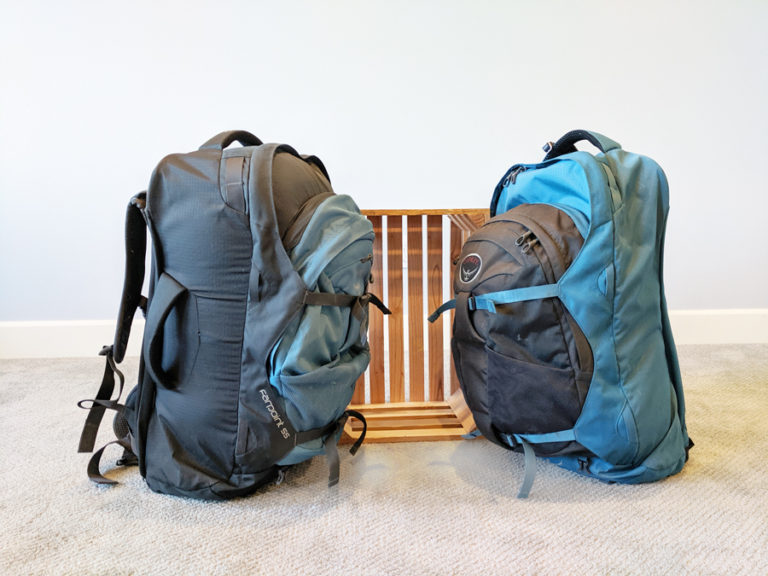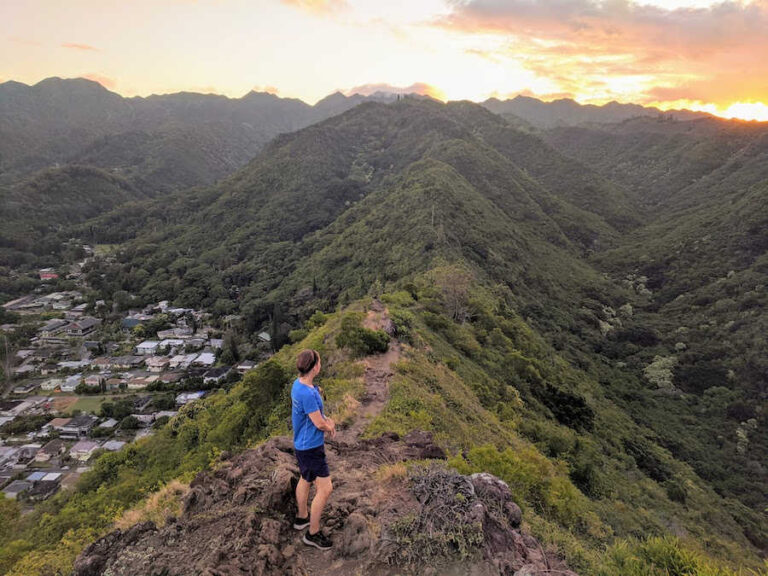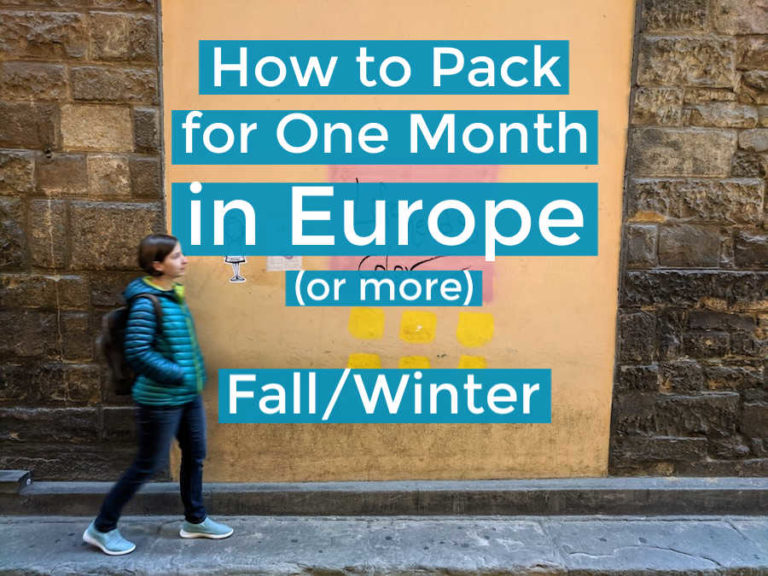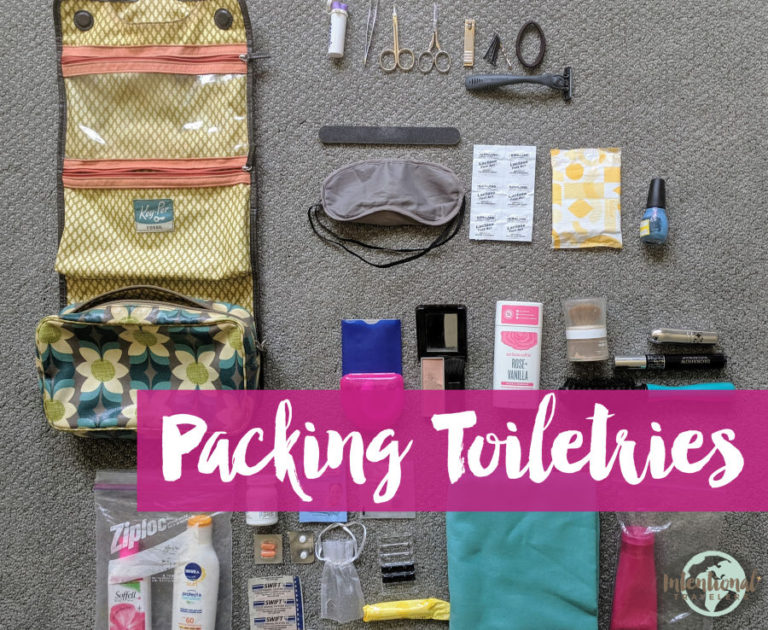A Guide to Unconventional Accommodations in Italy
Italy is a top destination in Europe, thanks to its beautiful countrysides, historic cities, and outstanding food. There are many different kinds of places to stay in Italy that are worth exploring.
When it comes to accommodations, travelers are not limited to hotels. There are several accommodation options in Italy that can be not only more unique and memorable but also save you money.
Types of Unique Accommodations in Italy
Disclosure: This post contains affiliate links. That means, if you choose to make a purchase using our link, we may get a small commission, at no additional cost to you. We always appreciate when you support Intentional Travelers in this way!
Ostello/Hostel
Hostels are typically more simple and communal than hotels, but it really varies.
Hostels primarily have dorm rooms, which are popular with the younger backpacking crowd, though many also offer private rooms. Some offer a communal kitchen, bar, internet cafe, and other amenities.
It’s always a good idea to read reviews carefully to get a sense of the hostel’s atmosphere and make sure it’s what you’re expecting.
Check out hostels in:
Agriturismo Stays
Italy’s agricultural tourism is a great option if you’re out in the countryside. These are accommodations on working farms.
Typically, at least one meal per day is included in your stay, made with items grown on the farm and surrounding region.
It’s a great way to taste the local wine, olive oil, orchard-fresh fruit, or produce from the garden in a picturesque setting. Accommodations and services range from rustic to luxurious.
Villa and Apartment Rentals
For a taste of local living and the ability to cook some of your own meals, villa or apartment rentals are the way to go. You can find a wide range of options to meet your needs, from fancy to budget-friendly.
If you intend to stay longer term, you can often find weekly and monthly discounts.
Our preferred rental site for these kinds of stays is Airbnb or Booking.com. For example, we booked this tiny but extremely central apartment for the few nights we’ll be in Florence.
Convents and Monasteries
Monasteries and convents that offer hospitality to visitors – sometimes still owned and run by religious orders and sometimes not – are common throughout Italy.
They provide simple, peaceful rooms as well as communal meals. Each has their own established booking process so you may wish to go through a service like MonasteryStays.com, which contacts the location directly on your behalf and understands each monastery’s procedures.
Popular guest-house-type stays in Rome start around 50 euros. Simpler and smaller places may take donation only, in which case 25 euros per night is suggested.
Be aware that with some monastery stays, there may be a curfew, separate sleeping quarters for men and women (regardless of marriage), and required attendance at services. Many close during the winter but sell out quickly in the summer.
Albergo Diffuso
The term alberghi diffusi (plural for albergo diffuso) refers to a relatively new phenomenon, which started as a way to revitalize crumbling medieval villages. The idea is to transform empty houses throughout ancient towns into a “diffuse hotel.”
There is a central reception desk, but guest rooms are scattered around town, mixed among the houses of village residents. We spotted some of these in the beautiful village of Volterra.
Castello
Because Italy used to be made up of small city-states overseen by aristocratic rulers, ancient castles, palaces, and large family estates are abundant across Italy.
In recent decades, many of these have been restored and converted into hotels and guest houses. This makes a truly unique travel experience!
As you can imagine, many of the castle stays are not particularly budget-friendly, though.
Camping in Italy
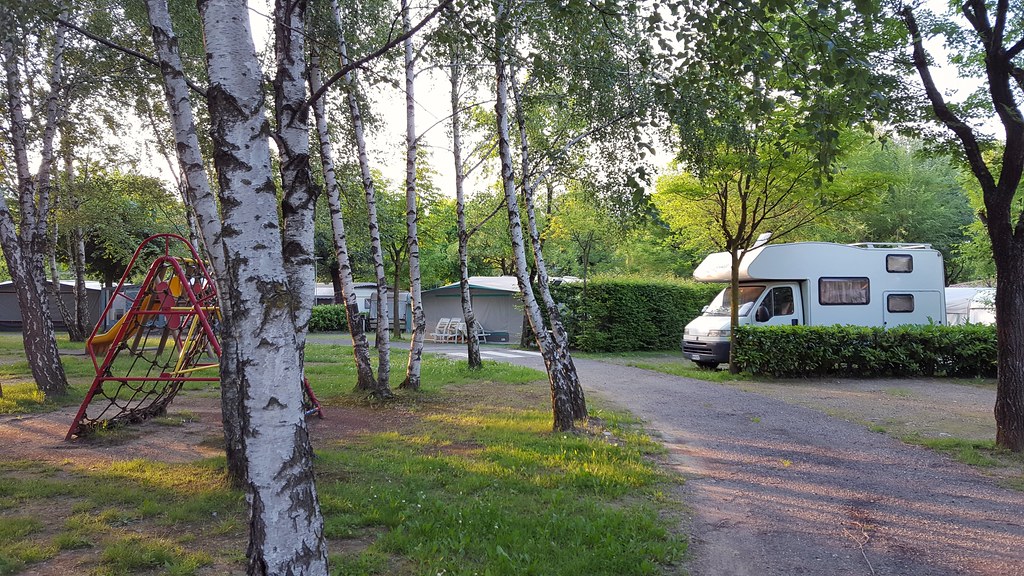
Italy has campgrounds throughout the rural areas, but they can also be found around the major cities, usually about 30-45 minutes by bus from the heart of town.
Camping in Italy is relatively cheap. Expect $15 to $50 for two people and a tent, possibly more in popular areas and in high season (July/August). Note that there may be per person charges, or separate fees for the tent and car.
Many campgrounds also have bungalows for rent (50 to 200 euros).
Glamping (high end camping) is also an option in Italy, which is popular with Europeans who visit with their campvervans. We saw a beautiful glamping spot on the Etruscan Coast with its own cafe, small produce market, and spacious campsites or fancy permanent tents to rent.
Rifugi/Mountain Huts
 Photo credit: F Ceragioli, via Wikimedia Commons
Photo credit: F Ceragioli, via Wikimedia Commons
Mountain refuges and Alpine huts range from glorified cow sheds to actual hostels. Most are situated for overnight hikes across the Alps, Apennines, Dolomites, and other Italian mountain chains.
Visitors should bring their own sleeping bag or sheet. Rifugi usually open June to late September, and apparently prices are capped by law at 26 euros in a large dorm, 43 euros in a smaller dorm.
University housing
When Italian university students head home for the summer, several schools open up their dorms to travelers. Rates vary from around $20 per person in a dorm to $26 to $110 for a private double.
Discounts may be available for weekly rentals and travelers under the age of 26. There’s one website I found for university accommodations, although other places indicated that you must write to the Ministry of Education and ask for the “Guide for Foreign Students” to your city of choice:
The Italian Ministry of Education
Viale Trastevere
00153 Rome, Italy
Couchsurfing
Couchsurfing is a global phenomenon where you can stay with local hosts who have free space in their home. Finding a good host with availability is a challenge in Italy because they get so many requests, but it can be done.
Work Exchange
For travelers with more time and energy than funds, a work exchange can be a great way to save money and get a unique cultural experience.
Online membership networks like Help Exchange, Work Away, and WWOOF will help connect you with potential opportunities.
Hosts across Italy are looking for helpers to do a variety of tasks – gardening, construction projects, baby-sitting, painting, teaching, B&B hosting, etc. In exchange, helpers usually get some combination of free accommodation and meals, plus a taste of local life as you share life with your host.
We had a fantastic work away exchange at a home in Tuscany, where we helped the owner put on group cooking classes from her kitchen and do a little yard work in exchange for free housing in her apartments.
Search Multiple Accommodations in Italy
Not sure where to start? Get a feel for your options with a booking site that covers a wide range of accommodations. You can use Booking.com to search for hotels, B&Bs, hostels, apartments, and more in almost any city.
✈️ Protect your Italy trip with Travel Insurance – We’ve started using Nomad Insurance by Safety Wing for affordable evacuation, international medical, and trip coverage.
What travel restrictions and rules are in place in Italy?
Find post-pandemic travel updates for Italy here:
What you need to know about Italy travel right now
You might also like these posts:
A Do It Yourself Guide of Tuscany’s Etruscan Coast
Cooking in Tuscany with Chicca: One Day Home Cooking Classes in Italy
Free Self-Guided Walking Tour of Florence Italy
Hidden Gems in Tuscany
Best Castles to Visit or Stay In Tuscany
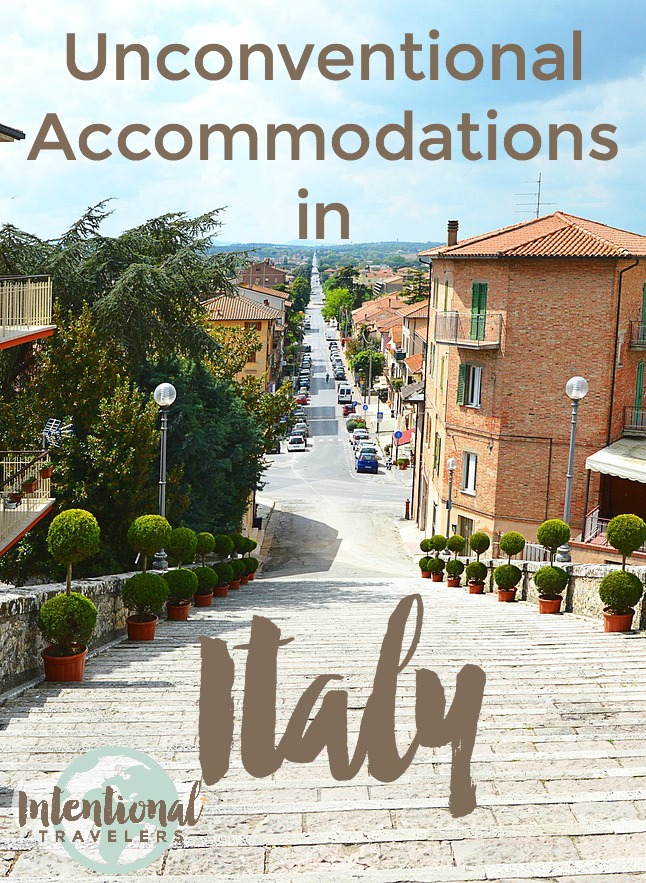
Disclosure: This post contains affiliate links.

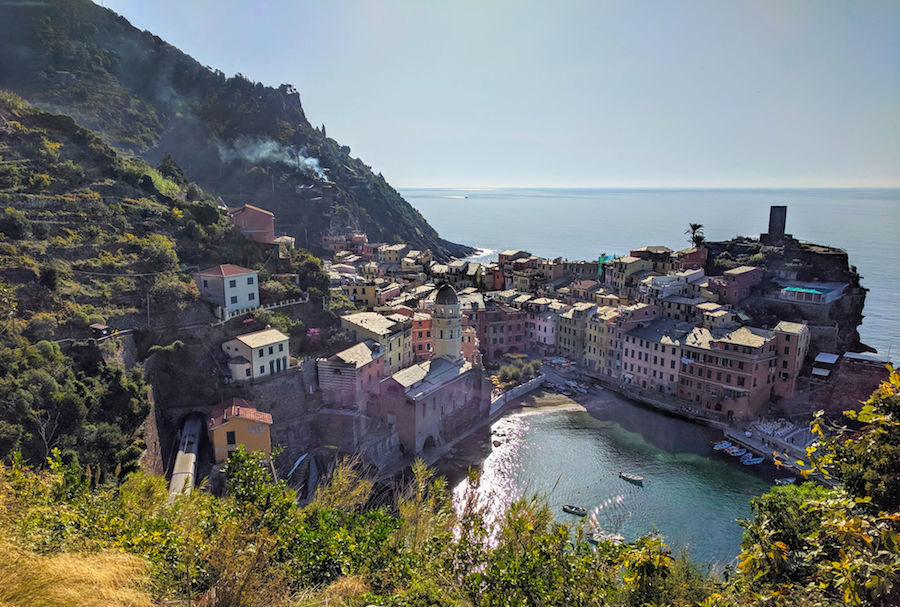
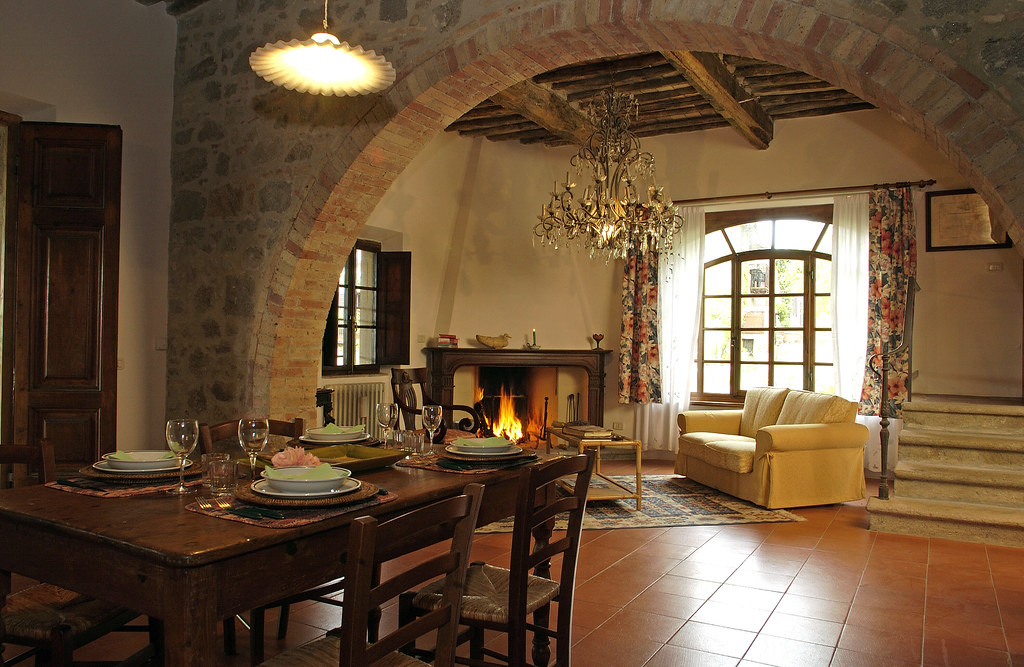 Photo credit: Toprural
Photo credit: Toprural 